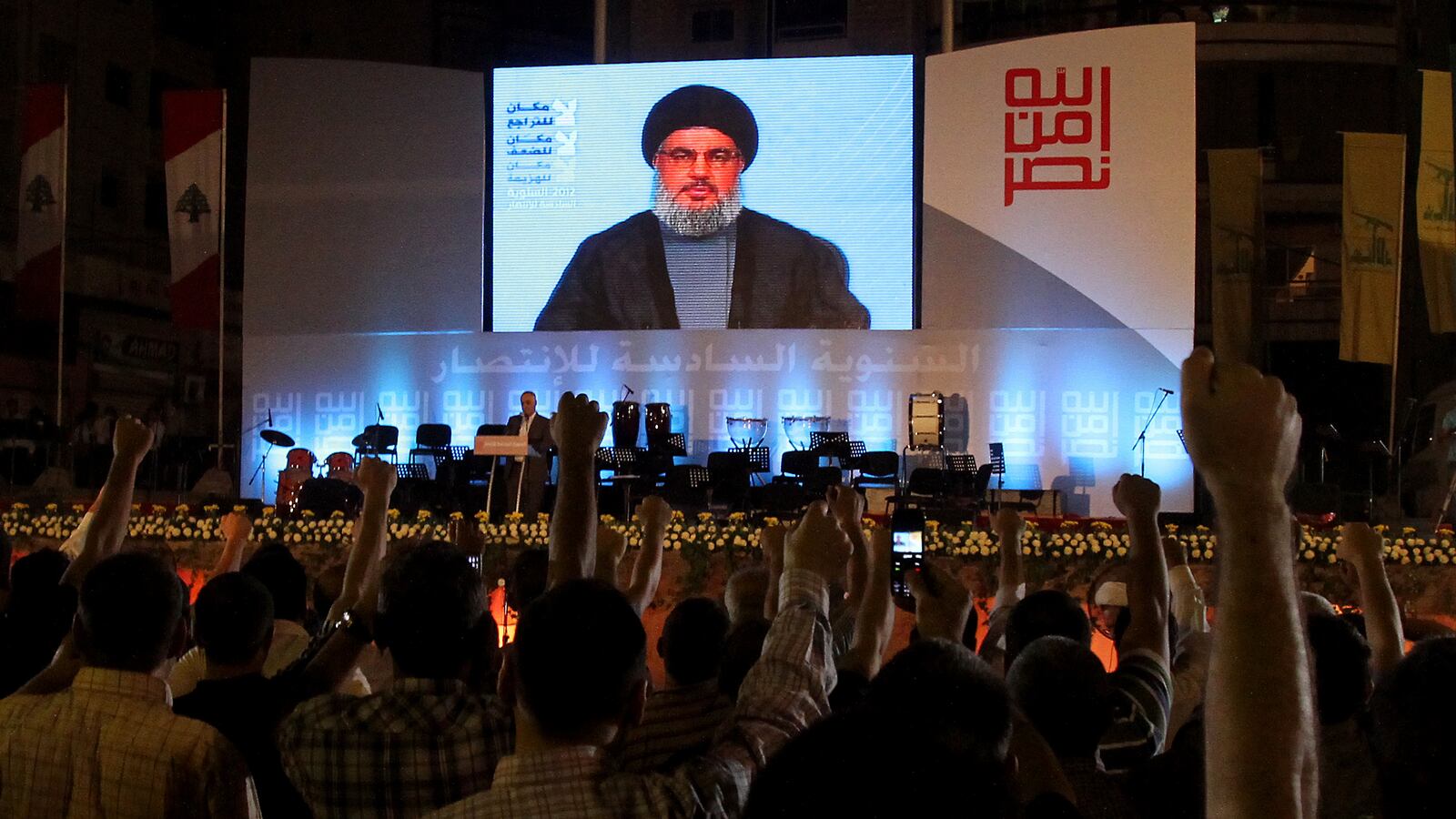After today's bombing an Israeli tour bus in Bulgaria, Israel’s Prime Minister Bibi Netanyahu wasted no time. He accused Iran of being behind the despicable terror attack. Though no evidence has been presented, he may not be wrong. The government in Tehran is a very likely suspect.
Israel has fought an intelligence war with Iran for some time. In the past two years, however, Israel is believed to have significantly escalated the war with assassination of Iranian civilian scientists as well as senior military officials. In February 2012, NBC reported that according to leaks from the Obama administration, Israel was behind the assassination of the Iranian scientists. Former Israeli intelligence officers have, in numerous interviews, hinted that Israel indeed conducted the attacks, arguing that assassinations, computer viruses and sabotage was more effective in stopping the Iranian nuclear program than open warfare.

Iran is believed to have tried to retaliate against these attacks, but most of its efforts have been thwarted by Israeli intelligence. Amateurish attacks did occur in Thailand, and Indian police have accused Iran of behind behind a failed assassination attempt of the Israeli ambassador’s wife in New Delhi. Iranian agents have also been arrested in Kenya.
The failed attack in India in February of this year followed exactly the same methodology as the assassination of Iranian scientists in Tehran—a motorcycle passed the car of the target and stuck a bomb on its passage door. Moments later, the bomb exploded. Intelligence officers believe that the use of identical methodology indicated that Iran wanted to retaliate against the attacks, but not escalate further.
But if Iran is behind the bombing of the Bulgarian bus, then this is a form of escalation. Iran has failed to successfully target harder Israeli targets—such as diplomats and officials. Consequently, it appears that Tehran has shifted its focus to softer targets. Targeting unwitting tourists is much easier than security-conscious officials.
If this is the case, the ongoing dirty war between Israel and Iran may be getting out of control.
US officials have privately expressed concern that one of the purposes of Israeli attacks in Iran has been to generate an Iranian response that could serve as a casus belli for Israel. That way, Israel could target Iran’s nuclear facilities without paying the heavy political cost of starting a preventive war.
It was partly for this reason that the US immediately and forcefully condemned the latest assassination of an Iranian scientist and denied any US involvement. Simultaneously, other major powers pressed Iran not to retaliate, arguing that Israel would use any retaliation to expand the war.
With the attack on the Bulgarian bus, the arrest of a Lebanese-Swedish man in Cyprus this week accused of planning attacks against Israeli civilians, and the US Navy’s killing of an Indian fisherman whose boats got too close to the US ship in the Persian Gulf, the situation is clearly tense and all the ingredients of a repeat of the shots in Sarajevo in 1914 seem to be in place.
It’s been a very hot summer, and absent some courageous and deliberate de-escalation, it may soon get much hotter.
NOTE: This piece has been edited since it was originally posted.




